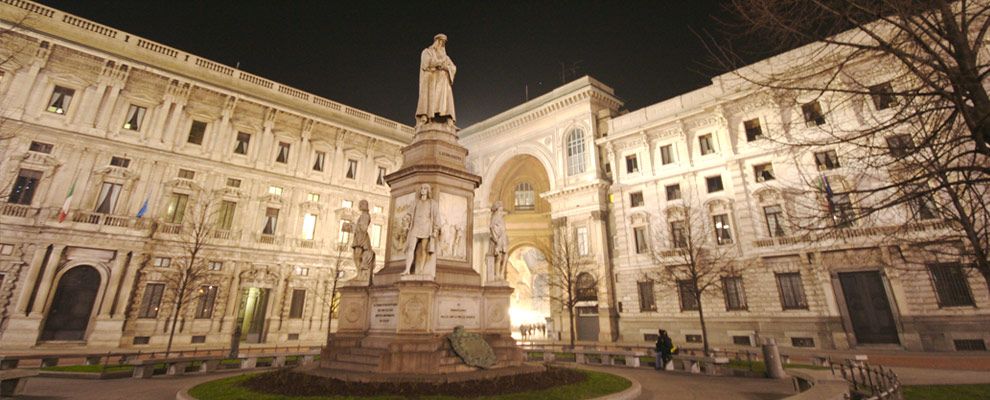Design is a thought activity: we should not replace it with a mere “optimizing” approach, because it’s from imperfections that talent emerges.

According to the report of 2012, Money, Politics, Power: Corruption Risks in Europe, 19 out of 25 examined countries do not have legislation in place to regulate lobbying. One of these countries is Italy, where lobbying is still marred by widespread prejudice that sees the defense of one’s interests in the processes of public decision-making as something unofficial, at best, or something suspicious, in the worst case. Something that has always been done, but not talked about. And something that seems to escape any attempt of entering the legal sphere, as evidenced by the 50 unsuccessful bills during the last sixty years.
The project of Transparency International "Lifting the lid on lobbying", funded by the European Commission was created to address the prejudice and to make adoption of national legislation on the subject more urgent in the countries where it is still nonexistent. The Italian office of the Association has conducted an analysis of the phenomenon, that will be presented on November 4 in Rome. The objective is to liberate the lobbying from the negative connotations to restore the neutral meaning that is has in the Anglo-Saxon pluralist vision, which considers "competition" between pressure groups, forced to find a balance, a valuable tool for the achievement of the common good.
According to the findings of Transparency, in Italy, despite the rise of the phenomenon, even the attempts of self-regulation were often vain, so the perception of the phenomenon remains negative, with 70% of Italians convinced that the government is mostly represented by privileged few who act in their own interest (data collected in 2013 by the Global Corruption Barometer).
Perhaps, we could blame the lack of "transparency" in decision-making, but also the media culture, which has always exalted the worst aspects, often matching lobbying with the topics of corruption. How can we get out of it, finally adapting Italy to European standards in this matter? The recommendations of TI Italian office are clear: in addition to the adoption of a specific legal regulation, there is a need for a set of guidelines for the lobbyists and greater protection of investigative journalism so that it can learn useful details to understand the problem in an objective manner.